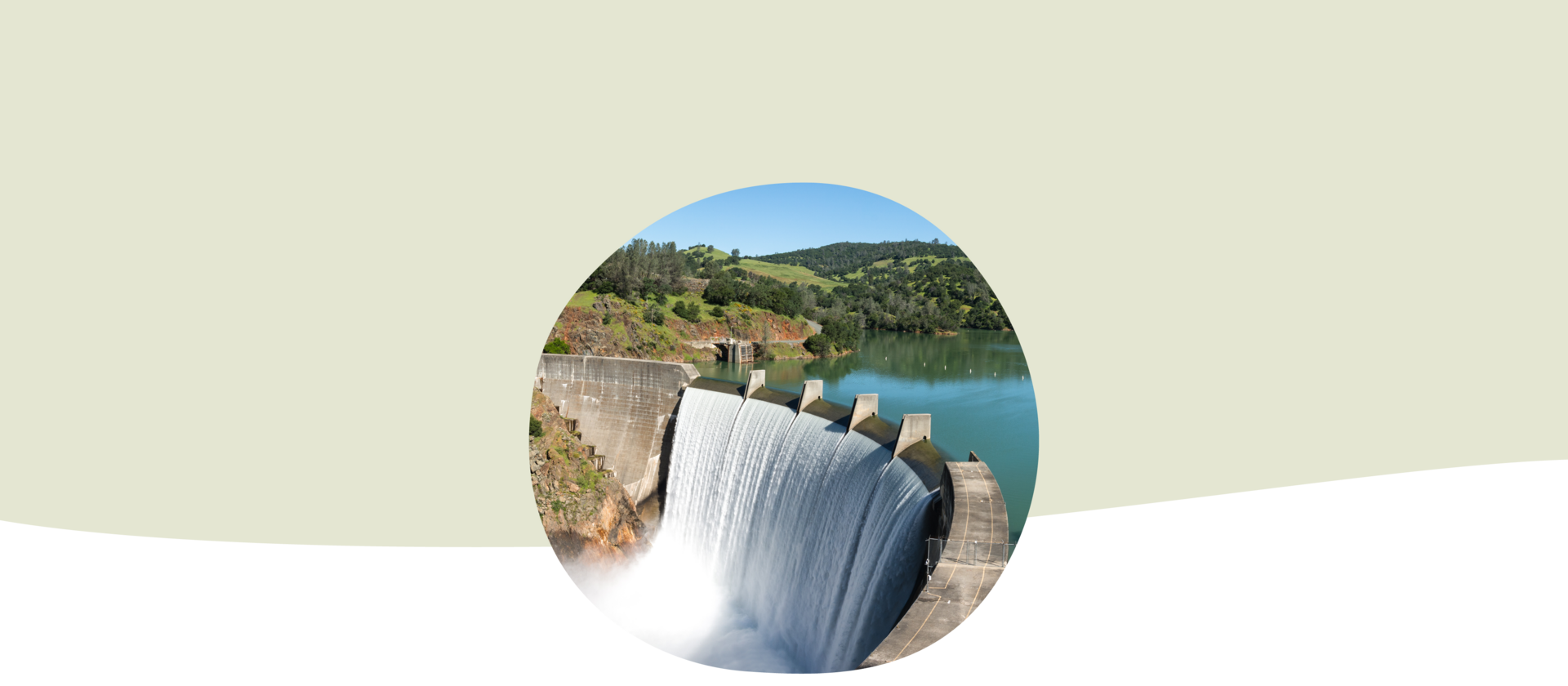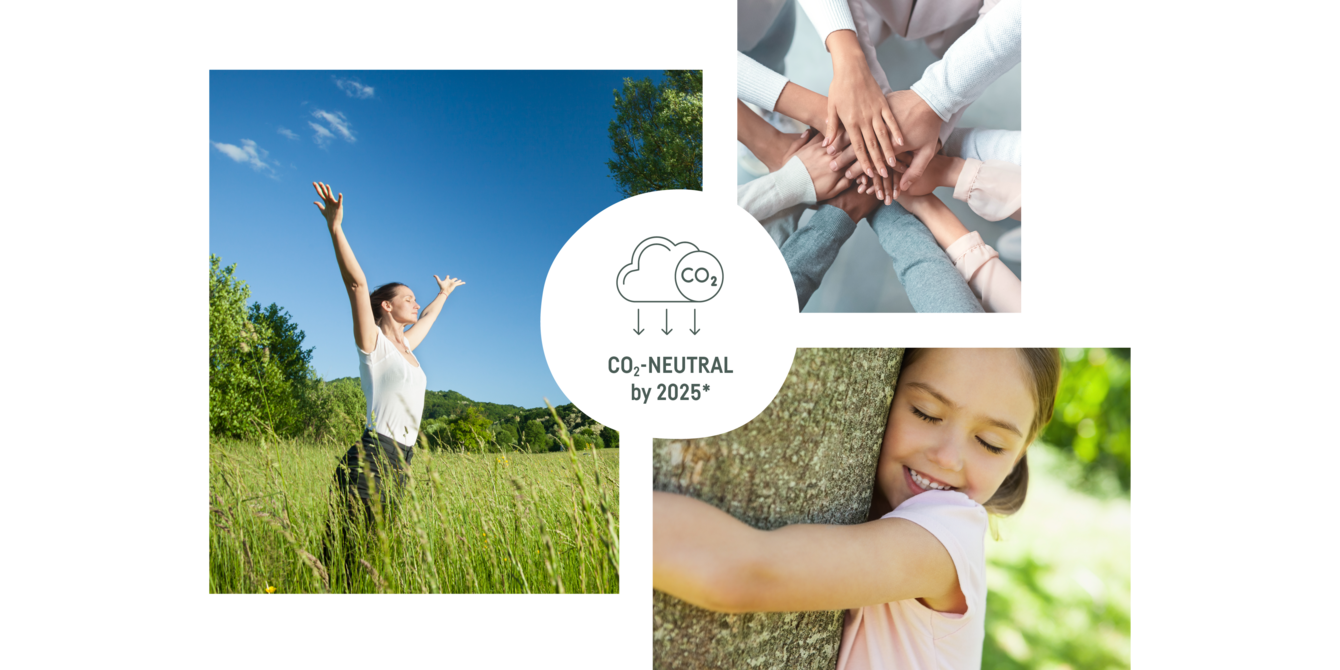CO₂-reduction and -compensation
For Sedus, sustainable management means living a holistic approach that protects the foundations for tomorrow's life, today. In order to maintain an environmentally intact world, environmental protection and resource conservation are indispensable – from the choice of materials for sustainable office furniture to processing and packaging to recycling.








